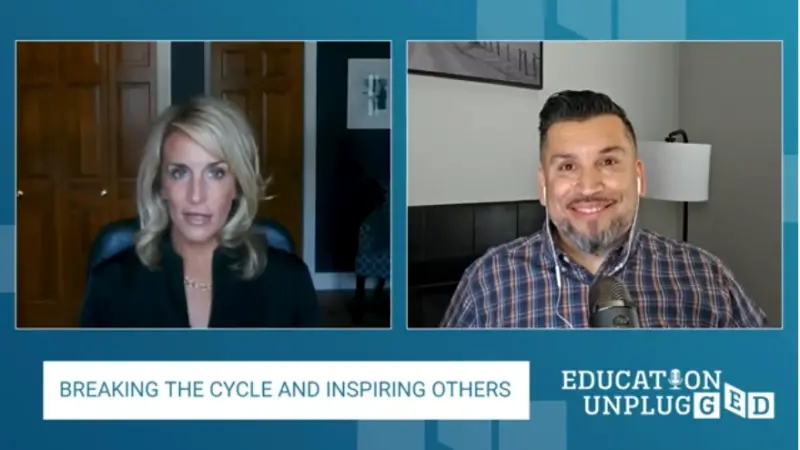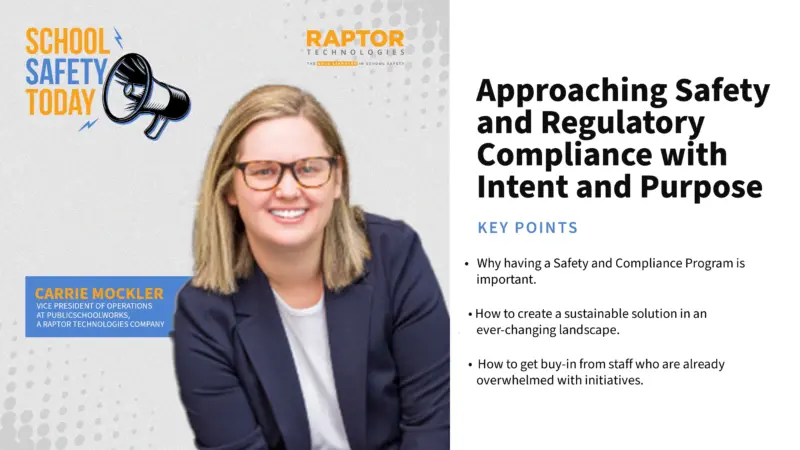Reinventing Education to Help with Student Behavioral Issues
A recent School Pulse Panel study revealed a concerning trend in U.S. education today, student behavior. The data within the study suggests schools are facing substantial behavioral challenges post-pandemic, and they feel they need more strategies to address them.
Educator, Author, and Host of The Future of Education, Michael B Horn, said that when he was out talking to educators while promoting his latest book, From Reopen to Reinvent, the comment he heard most was, “reinventing education sounds great, but the challenges we’re having with behavior right now with kids makes it impossible to even think about.”
● Do we have to wait for reinventing education until after tackling student behavior?
● Do traditional time-based learning methods stifle innovation at a time when students need a different approach?
And it’s not just the students struggling. K-12 educators report some of the highest burnout in any industry. While it may seem inconvenient to reinvent education during this period of high- stress and behavioral issues, maybe now is the most opportune moment to reinvent education. Offering extended learning time for students may elevate some of their stress and provide them an opportunity to get back on track in core subjects.
Horn said one approach to innovating would be to consider moving to a mastery-based learning environment where the students “collaborate with their friends in pursuit of learning and get to actually have fun in the classroom itself. That can create outlets for the social energy, and creates an opportunity to talk to people about what appropriate behavior looks like in the context of the learning, and in a way that social rewards them.”
Horn recognizes this approach is just one solution, and it won’t solve all behavioral problems, but he argues, “to really make advances for students right now, to spite all the troubles, we have to reinvent.”
Article by James Kent



